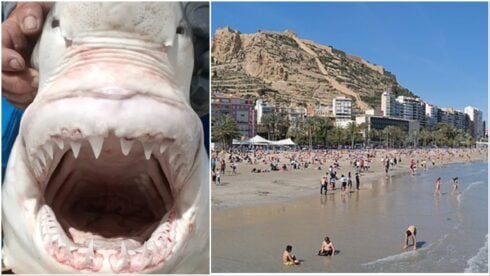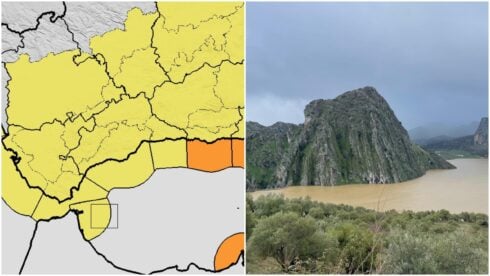Alarm bells have started to ring on the Costa del Sol over a new EU tourist tax that is set to hit their number one customer – the Brits.
The tax, known as the European Travel Information and Authorization System (ETIAS), will see all non-EU tourists handing over €7 to enter the Shengen zone.
Juan Molas, the president of Spain’s Tourism Board, has expressed concern that it will hit the country’s competitiveness as a tourist destination when it is due to come into effect in November.
“We will contact the EU to learn more about this tax and how it will directly impact British tourism, which, with 18 million visitors, was our main source of visitors to Spain in 2019,” he said.
Much of the ETIAS tax is shrouded in mystery, with many details such as how it will be applied and where the money raised will go is unknown.
Its purpose ostensibly is to provide the EU with greater control over who is entering its borders and is designed to track or halt criminals and undesirables.
The tax is likened to the ETSA tourist visa that the United States issues to foreign travellers, and will likely function in the same way.
Brits who are unaware of the new requirement will be able to complete the ETSA form at the airport and most people will receive confirmation in minutes.
But for those whose checks are more complex, there could be waits of up to 96 hours.
More than 2.3 million tourists from the UK visited Costa del Sol in 2022, still nearly 19% below pre-pandemic figures.
But there are high hopes that this summer could see a return to pre-pandemic levels and even new records set from sun-hungry Brits.
READ MORE:
- Confusion reigns over new ETIAS requirement for Brits entering Spain as hassle-free access to the EU ends
- New ETIAS visa system for visitors to Europe set to be rolled out
- Expat property investors sweating over threat to Spain’s ‘colonial’ Golden Visa scheme
- Ryanair expanding its flights to Malaga from Germany and Ireland ahead of high hopes for a booming summer season
Click here to read more Travel News from The Olive Press.








